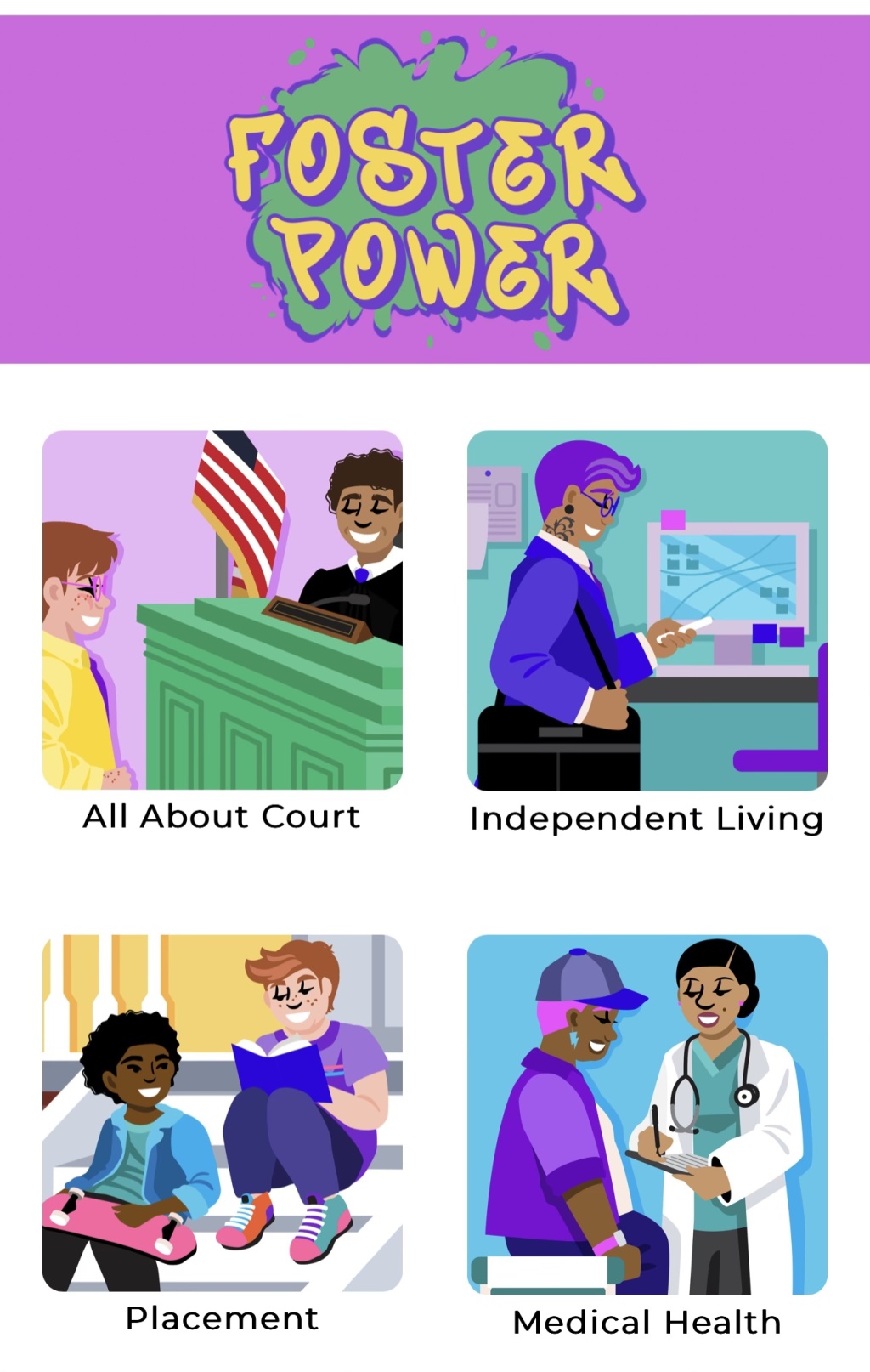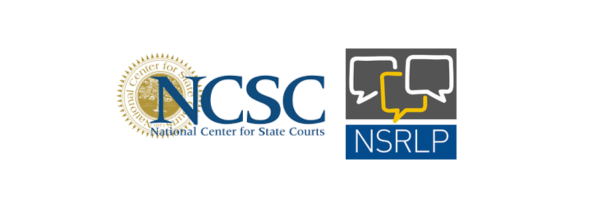Just a few weeks ago Utah took the plunge to strategically test new legal services delivery models to open access to courts and justice in the state. I’d wondered who would be next. I didn’t have to wait long.
Arizona, another pioneer in exploring A2J solutions, skipped the sandbox approach, and jumped ahead to become the first state to allow nonlawyer ownership of law firms.
Whether this move by Arizona will actually lead to greater access to justice remains to be seen. That said, opening the marketplace and breaking the practicing bar’s monopoly on the delivery of legal services holds much promise.

A unanimous Arizona Supreme Court on Aug. 27 ordered the legal ethics rule 5.4 prohibited nonlawyers from having an economic interest in law firms. The order adopts recommendations by its Task Force on the Delivery of Legal Services, which sought to reform the legal regulatory structure while maintaining public protections.
This could open the door for lower cost delivery methods for a host of issues that many lawyers aren’t handling now because doing so isn’t profitable.
As Arizona Supreme Court Chief Justice Robert Brutinel said, “the court’s goal is to improve access to justice and to encourage innovation in the delivery of legal services. The work of the task force adopted by the court will make it possible for more people to access affordable legal services and for more individuals and families to get legal advice and help.”
Brutinel further noted that the new rules “will promote business innovation in providing legal services at affordable prices.”
Of course this also offers the BigFour accounting giants an inroad to compete directly with law firms. The large accountancies already have thousands of lawyers in their ranks. But those lawyers aren’t allowed to compete directly for legal work. It could certainly be attractive for a larger corporation to consolidate their financial, business services, and legal services to a single accounting agency and possibly a small circle of law.
That’s an interesting possibility. Though again, my interest is less about the large company consumers of legal services and more about the legal services delivered to low to moderate-income individuals, families and businesses.
The current justice system is byzantine and opaque. My hope is that nonlawyers will be able to inject some creativity, plain language, and common sense approaches to help individuals navigate their legal issues.
The Arizona Supreme Court didn’t just open the floodgates. There is a new regulatory process to license Alternative Business Structures and legal paraprofessionals to begin offering limited legal services in the areas of administrative law, family law, debt collection, and landlord-tenant disputes. Notably, Arizona learned a lesson from Washington state, which abandoned its limited license legal technicians program in June.
Instead, Arizona broadened the subject matter services and lowered the proficiency requirements. “In many ways, LPs would be the legal system’s equivalent of a nurse practitioner in the medical field,” the court’s news release stated. These LPs will still need to meet education requirements, pass a character and fitness process, and be subject to the same discipline as lawyers.
I expect this will not lead to less work for lawyers, but rather more meaningful work. Less rote work, and more advising, strategizing and problem solving.
The LPs will be able to provide services at rates more reasonable for low- and moderate-income Arizonans.
Now that Utah and Arizona have taken major leaps, who’s next? California is certainly poised to make some radical changes. So is Washington, D.C., and possibly Illinois. But I could see Florida, Colorado, and maybe even Michigan jump into the sandbox sooner than later.





Leave a comment